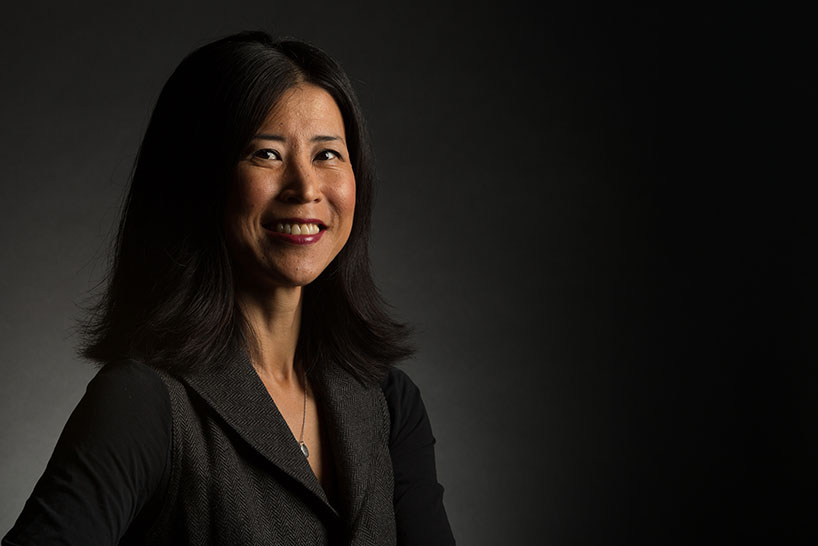Information About Lawyers
If you think you may need the assistance of a lawyer, you will probably have a lot of questions about how the process works. An important step is hiring the lawyer. You should make sure the lawyer is licensed to practice law in New York and is in good standing with the New York State Office of Court Administration. You also may want to check the lawyer’s reputation and level of experience. Upon meeting with the lawyer or speaking on the telephone, you should make sure your personalities are a good fit, and that you are able to communicate freely and confidently with the lawyer.
For most cases, the lawyer will charge a fee. You will want to be sure you understand how the lawyer will charge for their legal services, and you should ask about the fees during your initial consultation. There are generally three types of ways a lawyer can be paid: on a contingent fee basis, by the hour, or a flat fee. In most cases the lawyer will bill hourly for their legal services. Contingency fees are when the lawyer gets paid at the end of the case by taking a percentage of the money you received as damages. Contingency fees are generally for personal injury cases. A flat fee is when the lawyer knows in advance the cost of the legal services and you pay a set price. Flat fees are often used when the lawyer is drawing up documents for you.
In working with your lawyer, you should always cooperate and be truthful. This will help you get the best result in your legal matter. Be sure to ask questions if you don’t understand something or you are not sure what is happening with your legal matter. Your lawyer should keep you informed of the progress of your legal matter, but keep in mind that the wheels of justice sometimes turn more slowly than most people would like.
If you lose confidence in your lawyer or start feeling uncomfortable with the services you are receiving, try to address the issues with your lawyer right away. If you are unable to resolve the problems with your lawyer, you have a few options. You can terminate the lawyer-client relationship, and either find a new lawyer or represent yourself. You can also make a complaint against your lawyer with the Disciplinary Committee or Grievance Committee. If you disagree about the legal fees owed to your lawyer, you can arbitrate the dispute in many cases, which is often a better option than filing a lawsuit.
There are several ways to become a lawyer in New York. The traditional route is to get an undergraduate degree, take the Law School Admission Test, obtain a Juris Doctor (JD) or Doctor of Jurisprudence degree from an American Bar Association approved law school, and pass the New York State Bar Exam. It is also possible to become a lawyer in New York without obtaining a law degree, if you complete some study at a law school and then work as an apprentice at a law office for four years.
Lawyers in New York are regulated by the Courts. Within three years of passing the Bar Exam, the person must submit to a review of his or her character and fitness to be a lawyer by a committee of his peers and be admitted to practice law by the appropriate Appellate Division of the Supreme Court. All lawyers must renew their registration to practice law every two years with the Office of Court Administration and take continuing legal education courses. You can find out if a lawyer is registered to practice law in New York State by going to the Office of Court Administration’s (OCA) website.
Changes may occur in this area of law. The information provided is brought to you as a public service with the help and assistance of volunteer legal editors, and is intended to help you better understand the law in general. It is not intended to be legal advice regarding your particular problem or to substitute for the advice of a lawyer.
Our Lawyers

BoBi A.
LRS Lawyer
Our lawyers are screened and approved – they have all gone through an application and interview process. Each lawyer we recommend has been screened for significant experience, knowledge of ethics codes and rules, and law office practices, including customer service skills and handling of fees and billing.
About Us
When you call us, you will be speaking with an attorney. One of our attorney referral counselors takes your call and talks with you about your legal question, or reviews your online referral request. There is no charge to speak with one of our attorney referral counselors -- we’re here to help.

